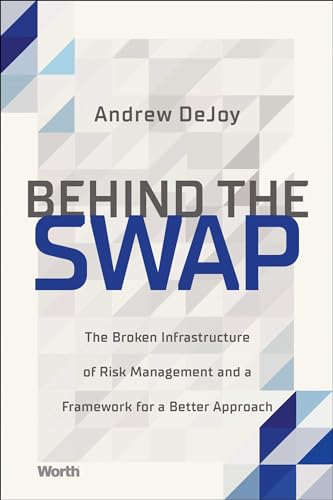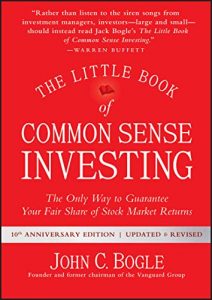Behind the Swap: The Broken Infrastructure of Risk Management and a Framework for a Better Approach
Andrew DeJoy’s “Behind the Swap” dives into the often opaque world of financial risk management. It exposes the broken infrastructure that contributes to systemic failures in finance and provides a comprehensive framework for a better approach. This book is crucial for both finance professionals and novices, offering pragmatic advice and insights that could potentially reshape risk management paradigms. Understanding these dynamics is not just beneficial; it’s essential for anyone looking to navigate today’s complex financial landscape.
The Ethics of Banking: Conclusions from the Financial Crisis
In “The Ethics of Banking,” Peter Koslowski unravels the critical ethical dilemmas that surfaced during the financial crisis. Through its examination of banking ethics, this book calls for a more responsible financial system that prioritizes accountability over mere profit maximization. It’s an enlightening read for anyone involved in finance or banking, providing tools to critically analyze the ethical dimensions of financial practices. Koslowski’s insights are essential as we strive for a banking system that serves the broader society, not just the interest of a few.
Law, Bubbles, and Financial Regulation
Erik F. Gerding’s “Law, Bubbles, and Financial Regulation” is an essential reading for anyone keen to understand the intersection of law, economics, and the financial crises that have marked modern history. Gerding offers a deep dive into how legal frameworks contributed to the formation and bursting of economic bubbles. Readers will gain insights into regulatory environments and their critical importance in maintaining financial stability. This book is an excellent resource for legal scholars and financial professionals, providing a well-rounded view of regulatory issues that continue to shape our markets.
Black Box Casino: How Wall Street’s Risky Shadow Banking Crashed Global Finance
Robert Stowe England’s “Black Box Casino” provides an unfiltered view of how shadow banking practices on Wall Street led to the global financial crisis. This investigative work goes beyond the surface, revealing the complexities and irresponsibilities that characterized the practices of financial institutions. England’s writing brings clarity to an often convoluted subject, making it accessible and comprehensible for general readers. This book is essential for anyone looking to grasp the realities behind the headlines of financial crises and the shadows where risk lurked undetected.
Innovations in Derivatives Markets: Fixed Income Modeling, Valuation Adjustments, Risk Management, and Regulation
The collaborative work of Matthias Scherer, Zorana Grbac, and Kathrin Glau in “Innovations in Derivatives Markets” covers critical updates to fixed income modeling and the advancements in risk management and regulation. Through detailed analysis and practical examples, this book is indispensable for finance professionals navigating the derivatives market. The combination of theory and practical insights offers readers a thorough understanding of innovations that continue to influence the financial world, making it a must-read for advancing one’s career in finance.
Finance Ethics: Critical Issues in Theory and Practice
John R. Boatright’s “Finance Ethics” intricately dissects the ethical strands woven through the fabric of finance. Offering case studies alongside theoretical approaches, this book challenges readers to ponder critical ethical issues they may encounter professionally. It is an enlightening resource for Finance students and professionals, promoting a culture of ethical awareness and accountability in financial practices. Boatright’s approach not only educates but also inspires readers to consider the consequences of their actions within the financial sector.
Brazil’s Derivatives Markets: Hedging Central Bank Intervention and Regulation
The United Nations brings forth “Brazil’s Derivatives Markets,” a critical look at the regulatory dynamics and central bank interventions in the Brazilian derivatives landscape. This book is vital for anyone interested in the progress and challenges within emerging markets. By exploring effective hedging strategies and regulations, the authors shed light on how Brazil navigates complex financial waters. This comprehensive examination is essential for policymakers and finance professionals intent on understanding or engaging with the Brazilian financial market.











































